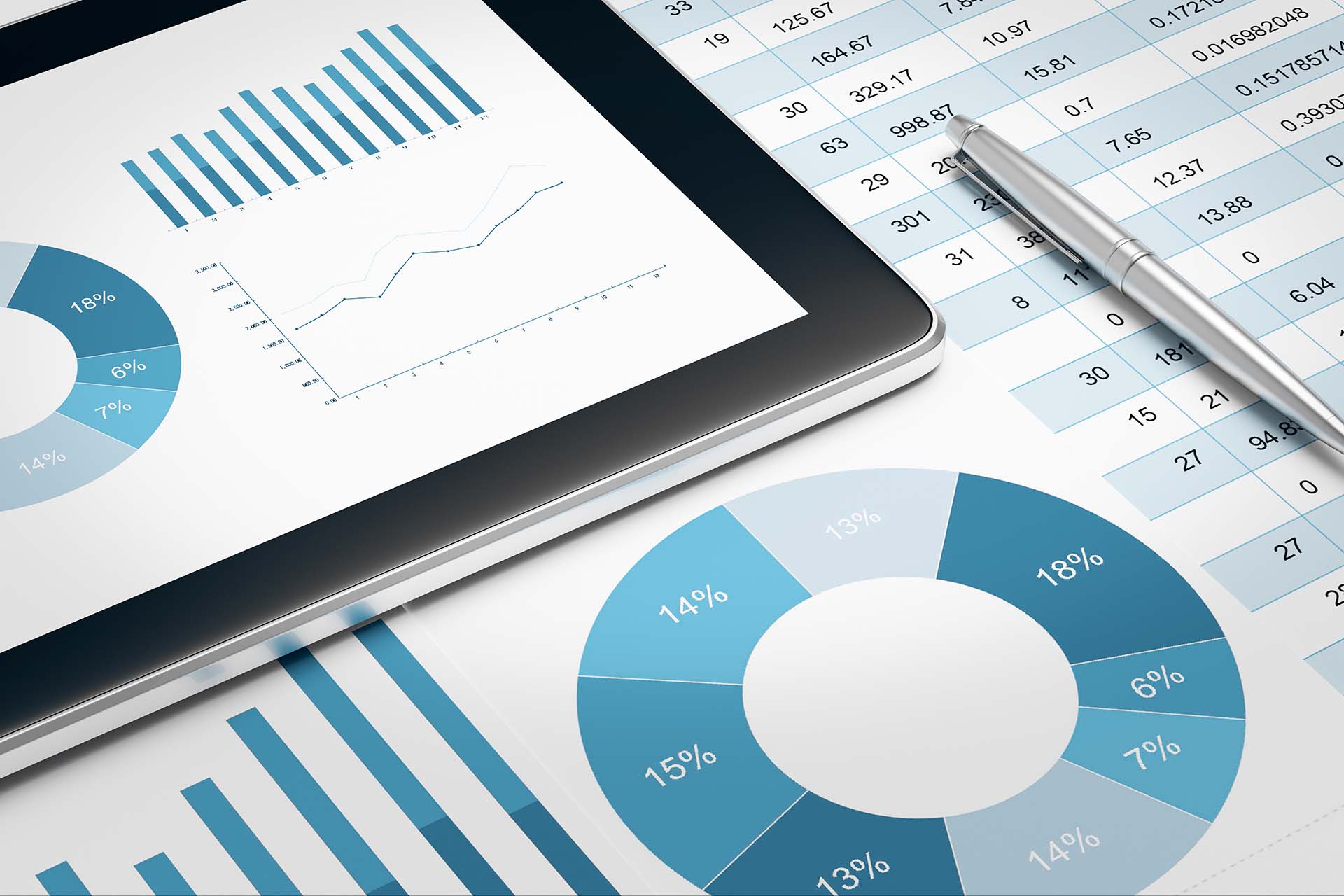It has been said that data is the currency of the millennium. The dawn of big data has not only created new, in-demand, jobs but it is also re-defining the roles of pre-existing jobs as companies work to integrate data analytics and management into their respective businesses in order to develop an edge. Data is everywhere. The amount of digital data that exists is growing at a rapid rate, more than 2.7 zettabytes of data exists in today’s digital universe, and is projected to grow to 180 zettabytes by 2025.
Reasons for the growth in the role of data analytics
Companies have for years used data and analytics, but typically in a way that is tangential, rather than central, to the firm’s core strategy. There has been a, fairly recent, shift in which data analytics has moved from a skill that is a pleasant bonus to being a requirement in today’s business sector. Below are some reasons why:
i. computing power is cheaper.
ii. analytics are faster and more sophisticated
iii. there is a larger amount of data from which to draw insight from
iv. there is better math and more modeling, leading to better quality insight
v. storage is cheaper
What is Big Data?
Big Data (a catchphrase that is used to describe immense volumes of data, both unstructured and structured) floods organizations of all sizes on a day-to-day basis. Essentially, big data refers to humongous volumes of data that cannot be effectively processed with traditional applications. The benefits that big data analytics brings to the table are speed and efficiency. Whereas a few years ago a business would have gathered information, run analytics and unearthed information that could be used for future decisions, today that business can identify insights for immediate decisions. The ability to work faster – and stay agile – gives organizations a competitive edge they didn’t have before.
Data analytics in various business sectors
Business: In business today, data shapes almost all business strategies. Data scientists are needed, however, to analyze and make sense of the information. Business data analysis can, and usually does, inform decisions regarding customer loyalty, production errors, overall efficiency and inventory.
E-commerce: Websites today collect a lot more than just purchase data and analysis of this collected data helps in improving customer service, to find trends and in developing better products or services.
Finance: In the finance industry, data on accounts, credit and debit transactions and similar financial data are vital to a functioning business. Data analysis additionally plays a major role in security and compliance, for example in situations of fraud detection, and other such major concerns.
Government: Big data helps governments form decisions, support constituents and monitor overall satisfaction. Like the finance sector, security and compliance are a paramount concern for all involved and data analysis helps to facilitate better security through identification of possibilities that would likely go unnoticed without it.
Science: Scientists have always handled data, but now with technology, they can better collect, share and analyze data from experiments. Data analysis can assist with this process.
Social networking: In social networking, data helps inform targeted advertising, improve customer satisfaction, establish trends in location data and enhance features and services. Ongoing data analysis of posts, tweets, blogs and other social media can help businesses constantly improve their services.
Healthcare: Today, electronic medical records are now the standard for healthcare facilities. These records require a dedication to big data, security and compliance due to the serious nature of this particular sector which requires a dedication to big data, security and compliance. Here, data analysis can help improve health services and uncover trends that might go unnoticed otherwise.
Telecommunications: All electronics collect data, and all that data is stored, managed, maintained and analyzed. Data analysis helps companies squash bugs, improve products and keep customers happy by delivering the features they want.
Manufacturing: Manufacturing companies that decide to take advantage of data analysis reap the reward through the reduction of processing flaws. They additionally benefit through the general saving of time and money.
As you might have noticed by now, there isn’t an industry that is immune to the big data push, and the subsequent analyzing of said data. You can contact us at Comztech for information on data analysis, storage, security, management and most other software needs for your company.

























